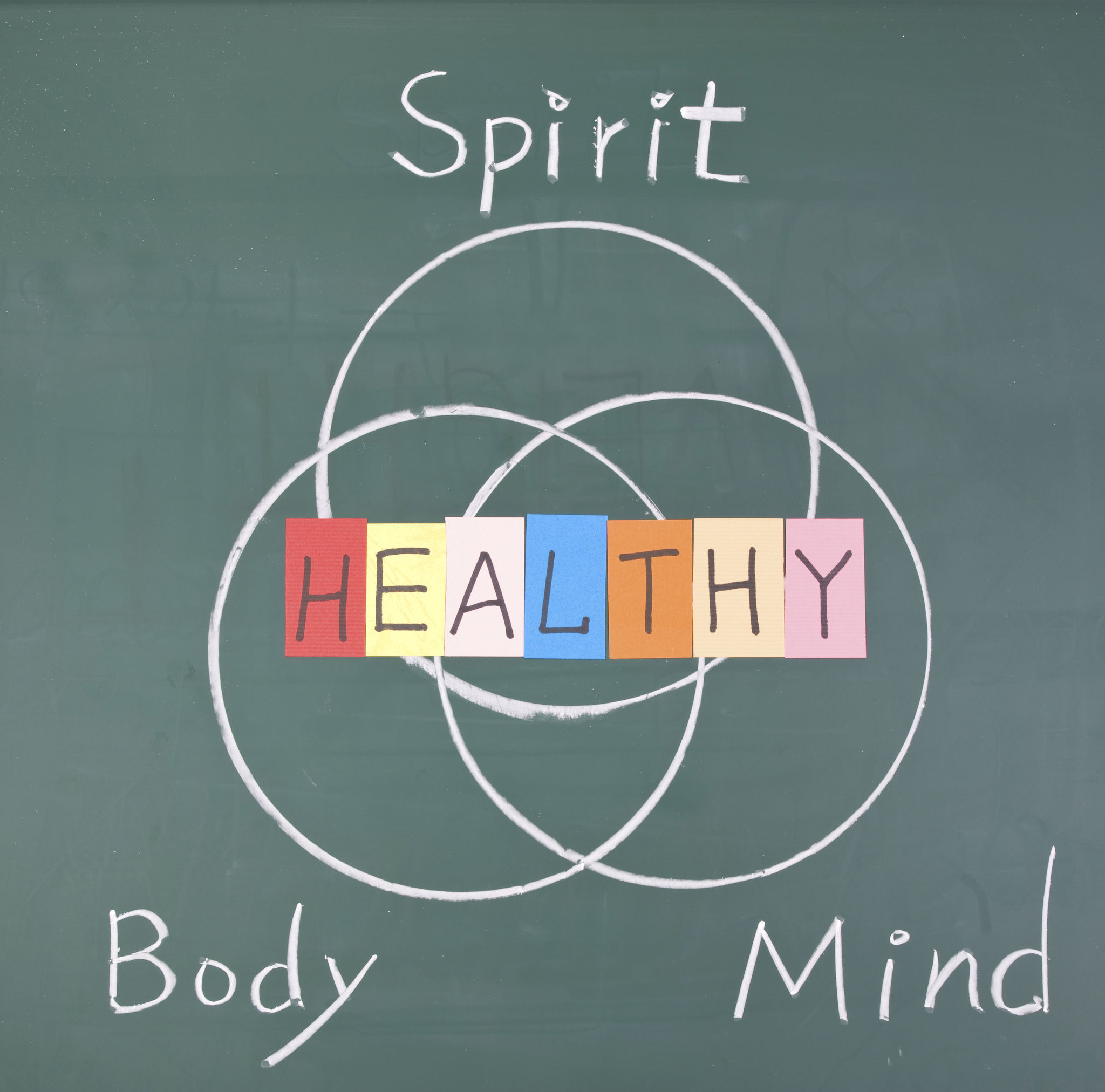Comparing Integrative Psychoneuroimmunology and Traditional Wellness Approaches
Understanding Integrative Psychoneuroimmunology
Integrative Psychoneuroimmunology (PNI) is an emerging field that explores the intricate connections between the mind, nervous system, and immune system. This discipline aims to understand how psychological factors, neurological processes, and immune responses interact to influence overall health. By taking a holistic approach, PNI seeks to bridge the gap between mental and physical wellness, offering a comprehensive understanding of health and disease.
The core of PNI lies in the recognition that emotions and thoughts can significantly impact immune function. Stress, for example, is known to suppress immune responses, making individuals more susceptible to illnesses. Conversely, positive mental states can enhance immune performance, suggesting that mental well-being is crucial for physical health.

Traditional Wellness Approaches
Traditional wellness approaches have long emphasized the balance of body and mind through various practices such as diet, exercise, meditation, and herbal medicine. These methods focus on maintaining homeostasis and preventing illness by promoting a balanced lifestyle. Conventional approaches often draw from cultural traditions and historical practices that have been passed down through generations.
One of the key components of traditional wellness is the emphasis on natural remedies and lifestyle modifications. Techniques like yoga, tai chi, and acupuncture are employed to enhance energy flow and reduce stress. Similarly, dietary changes and herbal supplements are used to support bodily functions and prevent disease.

Comparative Insights
While both Integrative Psychoneuroimmunology and traditional wellness approaches recognize the importance of mind-body connections, their methodologies differ. PNI is grounded in scientific research and often involves clinical interventions, whereas traditional wellness relies more on experiential knowledge and holistic practices.
Integrative PNI may utilize modern technology and medical insights to develop targeted therapies that address specific health concerns. Such interventions might include stress management programs or cognitive-behavioral therapy aimed at improving immune function through psychological well-being.
Complementary Practices
The intersection of PNI and traditional wellness approaches offers exciting opportunities for comprehensive health strategies. By combining scientific research with age-old practices, individuals can benefit from a well-rounded approach to health care that addresses both physical and emotional well-being.
For example, incorporating mindfulness meditation—a common practice in both fields—can help reduce stress and enhance immune function. Similarly, adopting a balanced diet rich in nutrients can support both neurological health and immune resilience.

Practical Applications
For those interested in applying these insights to their lives, here are some practical steps:
- Engage in regular physical activity to boost mood and immune function.
- Practice mindfulness or meditation to manage stress levels effectively.
- Incorporate a balanced diet with an emphasis on whole foods.
- Explore alternative therapies like acupuncture or yoga as complementary treatments.
The Future of Wellness
As research in Integrative Psychoneuroimmunology continues to evolve, the potential for innovative therapies that integrate mind and body care becomes more promising. This holistic approach could lead to more personalized health strategies that cater to individual needs, promoting overall well-being in a more effective manner.
Ultimately, the convergence of integrative PNI and traditional wellness practices represents a forward-thinking shift towards understanding health as a dynamic interplay of mind, body, and spirit. As these fields continue to develop, they hold the promise of transforming our approach to wellness for generations to come.
